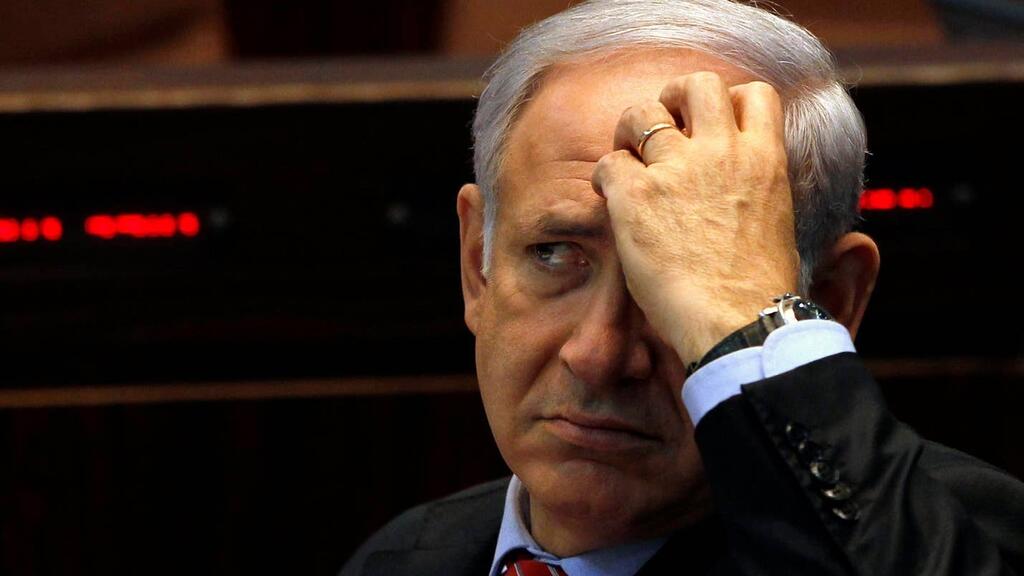The short dismissal letter Prime Minister Benjamin Netanyahu prepared for Defense Minister Yoav Gallant was cold and impersonal, containing only three lines. That’s how the relationship between the prime minister and his defense minister ended after nearly two years, amid Israel's toughest war in decades: three written lines and a three-minute face-to-face meeting. That’s it.
The dry, formulaic text in the letter had been in Netanyahu’s mind for about a year and a half, ever since he was compelled to reinstate Gallant in March 2023 after initially dismissing him at the height of protests over the judicial overhaul. Since then, the prime minister and his circle felt the move was incomplete and that the account remained unsettled.
2 View gallery


Defense Minister Yoav Gallant and Prime Minister Benjamin Netanyahu
(Photo: Haim Tzach/GPO)
Over the past two weeks, senior Likud officials estimated that while questions still lingered over the Security Cabinet reshuffle expected with New Hope MK Gideon Sa’ar joining the coalition, one thing was certain: Gallant would not finish his term. This wasn’t solely due to the unresolved tensions between them or Netanyahu’s disapproval of Gallant’s independence and adversarial stance.
It was more so because during the war, an axis formed between Gallant, IDF Chief of Staff LTG Herzi Halevi and Shin Bet chief Ronen Bar. Their harmonious collaboration, often out of step with Netanyahu on critical wartime issues, made him feel threatened. Their close work earned the nickname "the iron fist," fueling suspicion in an already distrustful Netanyahu.
Still, such a sensitive move at the security-political level demands a solid reason and careful planning regarding timing, justification and a backup plan to stabilize the coalition if turmoil ensues.
Netanyahu’s advisers had been urging him toward this step for months. With recent military successes, these voices grew louder. This week, as the pressure reached a boiling point over the crisis of a renewed ultra-Orthodox draft law, Netanyahu felt the time had come.
Negotiations with Gideon Sa’ar, previously slow-moving, picked up as it became clear there wasn’t enough support for the law crucial to ultra-Orthodox parties, whose frustration with the Likud intensified.
Gallant’s announcement this week, saying he’d authorized the IDF to issue 7,000 more draft orders for Haredi recruits, added fuel to the fire, leading Netanyahu to lose patience. He knew the Haredi politicians were watching, expecting a step to ensure their confidence in him, so he decided to show how far he’d go for them. Gallant was convenient for Netanyahu, a necessary sacrifice.
It’s too early to predict how new Defense Minister Israel Katz will navigate the complexities of the draft law or what stance Gideon Sa’ar will bring to the table beyond a general commitment to support the IDF’s needs. Regardless, and even if Gallant’s dismissal leads to significant repercussions soon, it’s unclear if any of them will resolve even one of the ultra-Orthodox parties’ troubles.
Get the Ynetnews app on your smartphone:



